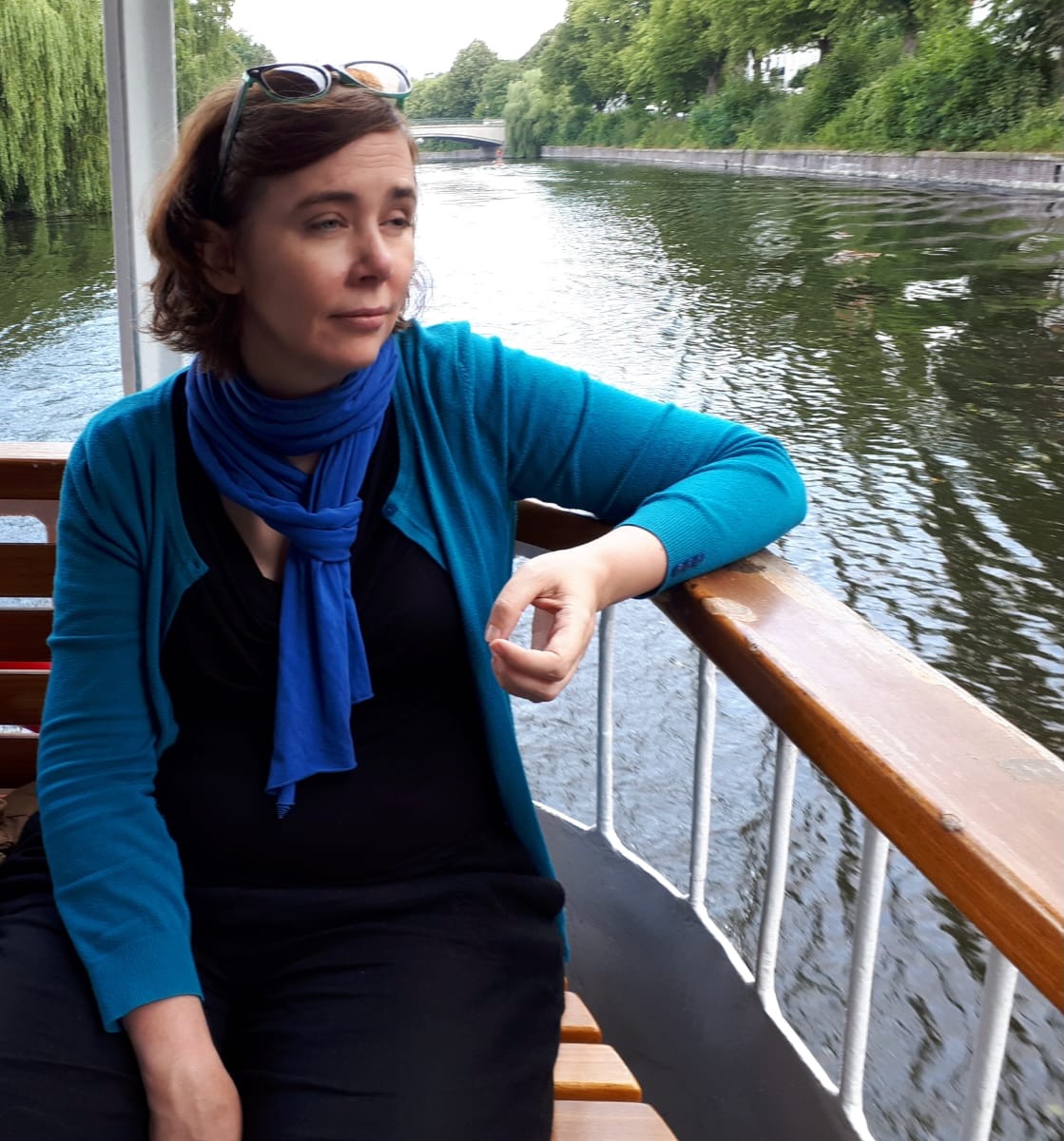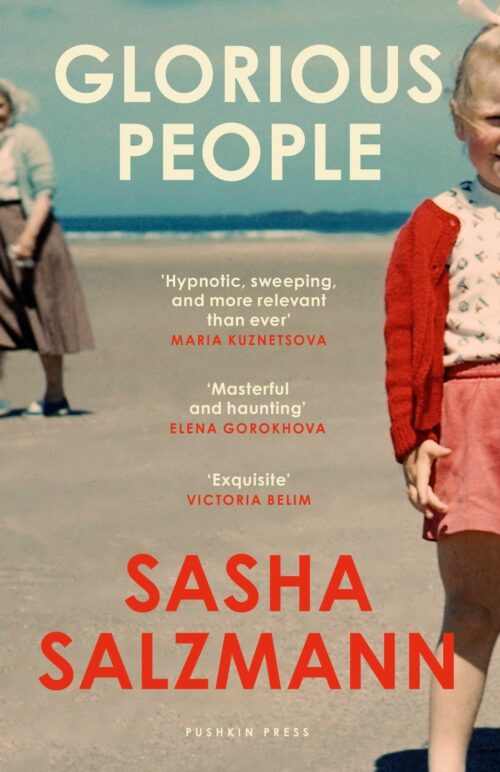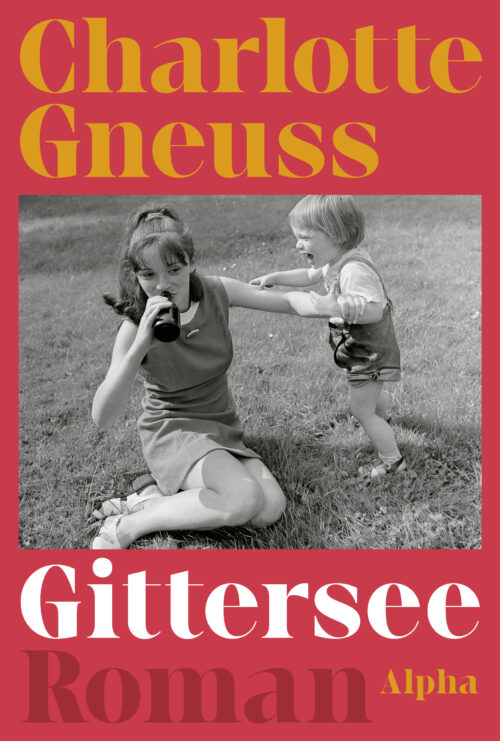
Here comes another list of translators’ top favourites from this year – this time from Siobhán Dowling.
Among many great reads this year (including Mithu Sanyal’s Identitti and Helene Bukowski’s Milchzähne), there were quite a few that dealt with aspects of life in the former East Germany as well as the fall of the Berlin Wall and its aftermath.
The best known is probably Jenny Erpenbeck’s International Booker Prize-winning Kairos (tr. Michael Hoffman), which depicts the increasingly abusive relationship between an older man and young woman, set amongst the cultural and artistic milieu of East Berlin just before and after the fall of the Wall.
Another, also nominated for the International Booker this year, Clemens Meyer’s While We Were Dreaming (tr. Katy Derbyshire), which provided a view from the other side of the tracks, focusing on the exploits of a gang of young boys-turned-men amid the chaos of late 80s and early 90s Leipzig.
And here are another three I enjoyed this year that grappled in some form with the ongoing fallout from the collapse of the Berlin Wall and Iron Curtain:

A firm favourite was Im Menschen muss alles herrlich sein by Sasha Marianna Salzmann. It tells the story of Lena and Tatjana, who grow up as Soviet citizens, and then find themselves in a new Ukraine that has descended into a place of corruption and gangsterism. The story evocatively describes a young Lena and her grandmother picking and selling hazelnuts, her summers in pioneer camps and her awkward flirtations as a reserved medical student. It also depicts Tatjana’s brush with crime and the mafia as her family struggles to be among the winners rather than the losers of the sudden chaotic upheaval. The story switches back and forth to explore their daughters’ lives and hybrid identities in Germany among the Soviet Jewish diaspora. Salzmann writes with dark humour, warmth and insight about human relationships, particularly those often fraught relationships between mothers and daughters. The English translation by Imogen Taylor, Glorious People, will be published by Pushkin Press in February.

Next is Gittersee, a novel set in 1976 and written by Charlotte Gneuß who was born in West Germany in 1992 to parents had left the GDR. This is a moving coming of age tale with an atmospheric rural setting. Karin is a 16 year old living in a village outside of Dresden whose boyfriend has escaped to the West, bringing her under the microscope of the creepy local Stasi officer. With an ineffectual father, belligerent grandmother and increasingly absent mother who finally leaves, Karin is left alone to navigate the complexities and dangers of collaboration and resistance. English rights have sold, so keep an eye out in future!

And finally there’s Anna Rabe’s Die Möglichkeit von Glück, a piece of autofiction about a young woman, Stine, who like Rabe, was born in 1986 in an East German coastal town. As part of the first post-Wall generation, the tumult and violence of that era forms the backdrop to her childhood and adolescence. And home is also a place of danger, where her mother, a true believer in the old system, inflicts an iron rule that verges on sadism. Stine eventually escapes to Berlin and grows increasingly estranged from her family. But when she decides to find out more about her adored grandfather, her journey through the archives uncovers more uncomfortable truths about her family’s past and the thread of violence that runs through it.
Siobhán Dowling is a journalist, editor and translator, who spent many years in Berlin and is now based in Dublin. She is currently studying for an MPhil in literary translation at Trinity College Dublin.